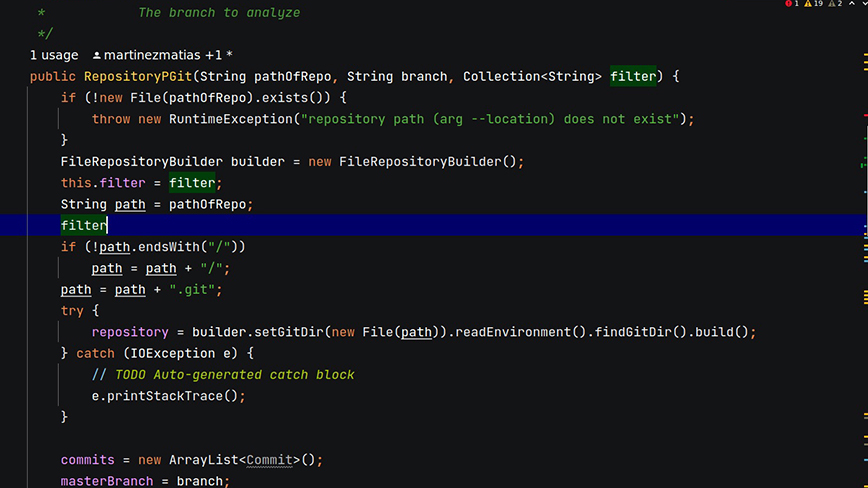Researchers unlock the secret to the brain's working memory

New insights from brain science can lead to the development of artificial intelligence possessing cognitive abilities similar to humans.
Researchers from the Massachusetts Institute of Technology, Karolinska Institute and KTH have demonstrated how our brains organise and manage tasks much more efficiently than first thought.
Their findings are published in Nature Communications and may impact the rapid development of artificial intelligence.
Dropping or picking up information
Imagine someone showing you a card trick. Individual cards may be changed, but you can immediately identify a pattern that constitutes the game's rules. This is because your brain can generalise the information even if particular specifics vary.
”Our brains enable us to act intelligently and flexibly adapt even if some specifics are completely novel to us,” explains Pawel Herman, a KTH associate professor co-author of the study.
Through a process, the researchers dub "spatial computing", the brain dynamically drops or picks information from different locations across its prefrontal cortex.
”What we found is that it is not the content that determines where it can be found in the network but how and when it is needed during the execution of a task,” Herman says.
Solving an important puzzle
How to execute a task is, therefore, independent of memory specifics. Since the memory items are located in different places, the brain can freely joggle and operate on them other without interference. This means your brain can adapt quickly without losing track of the main task.
”We have solved another small piece of the puzzle regarding the brain's amazing cognitive ability,” says Herman.
Herman and his colleagues analysed recordings of the brain's cortical activity from five rhesus monkeys who were given a series of working memory tasks to execute. They were implanted with so-called Utah arrays, widely used within neuroscience to probe electrical signals generated by neurons in the brain.
Speeding up artificial intelligence research
The findings not only offer new insights into the human mind's deep workings but can also speed up the development of artificial intelligence. Amid the rapid growth of AI chatbots, science is now a step closer to developing machines with cognitive abilities similar to humans. That is an intriguing yet scary prospect, Herman admits.
”This research offers a unique opportunity to look into AI from a new perspective, to have machines reason in similar ways that we humans do.”
But, he warns, we should think carefully about how we proceed. "This is the time we should think about how we approach the problem of human-like or even superhuman-like intelligence,” Herman concludes.
Read the article in Nature Communications
The study Working memory control dynamics follow principles of spatial computing was led by Mikael Lundqvist at the Department of Clinical Neuroscience, Karolinska Institute, Sweden.
Text: Sturle Hauge Simonsen
Related news

Postdoc Francesca Larosa secures prestigious MSCA European Fellowship for her project, LIBRA
Francesca Larosa is a Digital Futures postdoctoral researcher at Engineering Mechanics, KTH, and KTH Climate Action Centre. Francesca’s work revolves around the intersection of artificial intelligence...
Read the article
AI in coding awarded for impact
For a long time, coding was tediously manual, but in 2009, Martin Monperrus, Professor of Software Engineering at KTH Royal Institute of Technology, and his team realised that built-in AI could help m...
Read the article